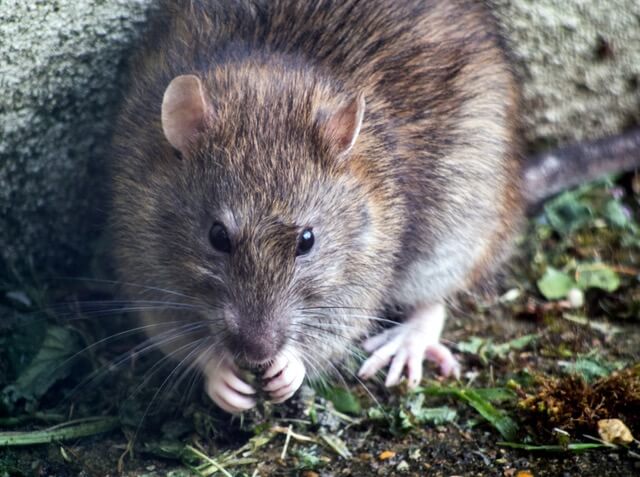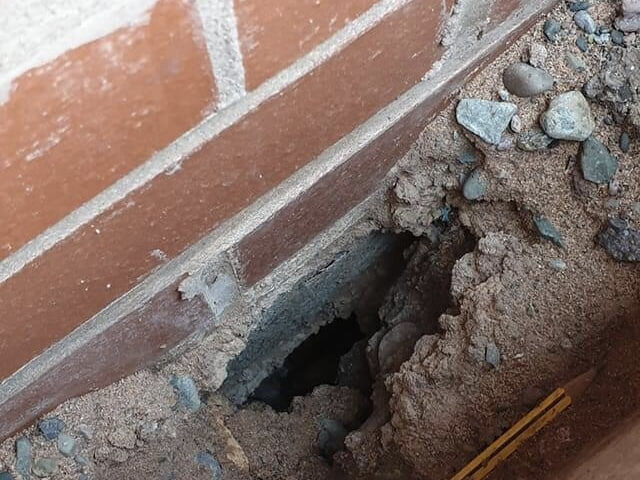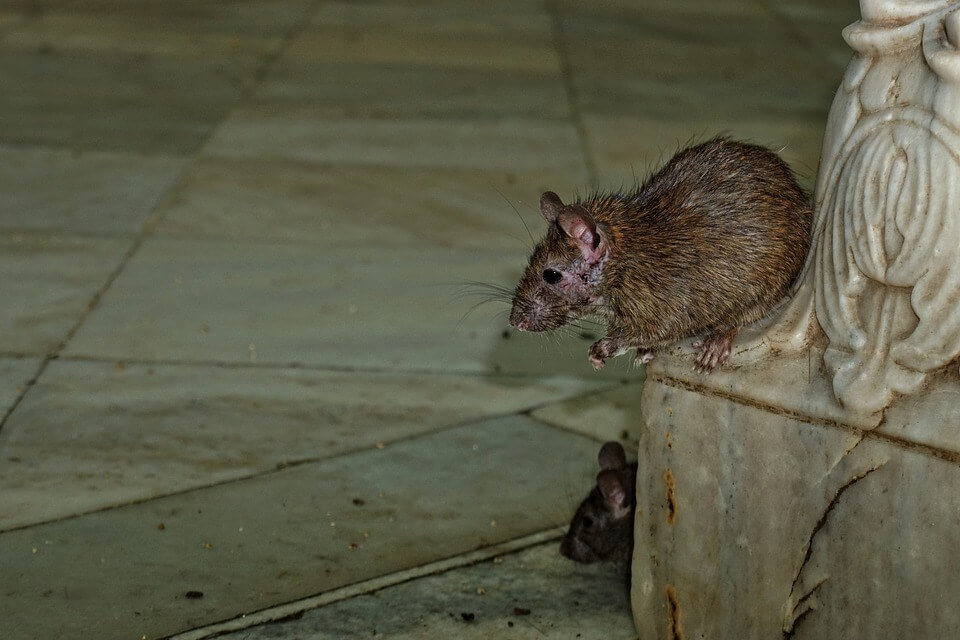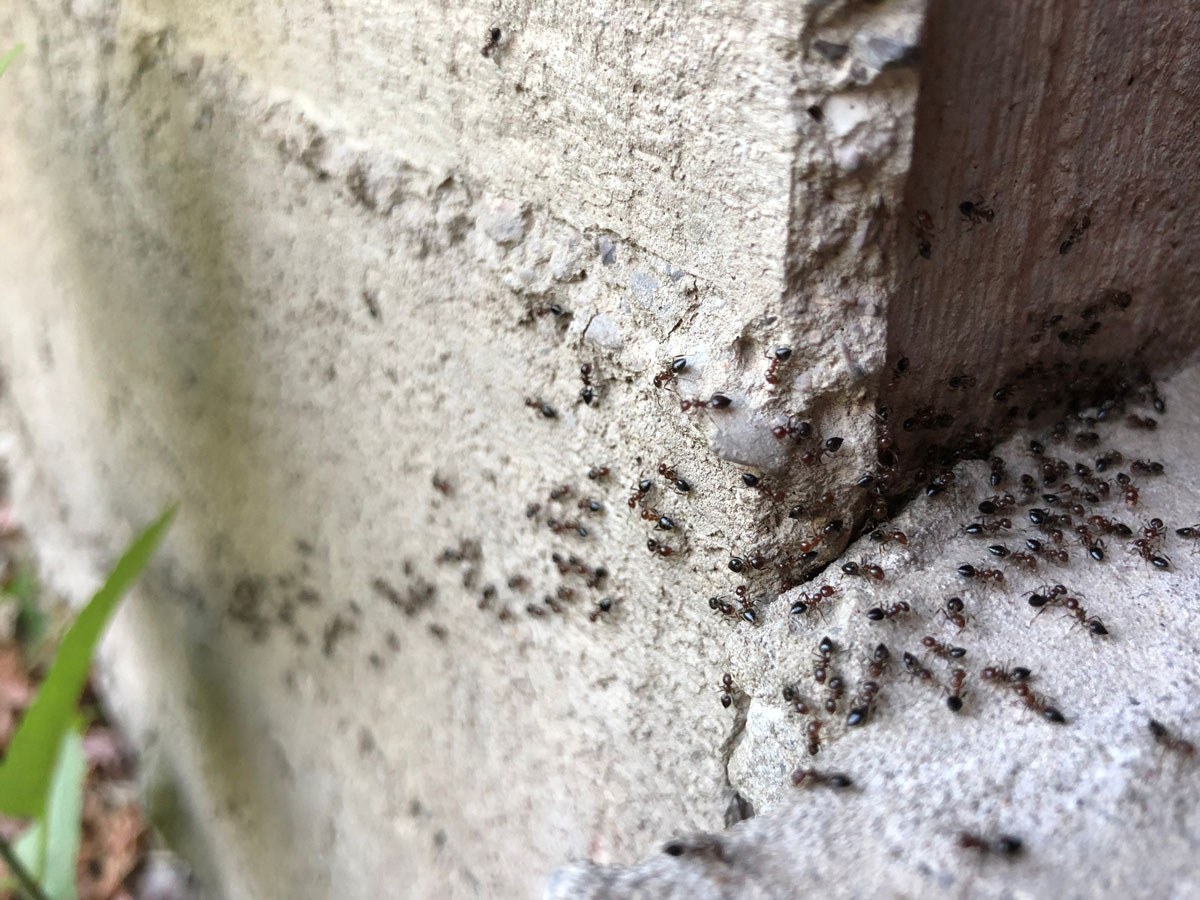How Weather Changes Impact Pest Behaviour
November 27, 2023

Ever wonder why some pests pop up more often when the weather changes? It’s not just a coincidence – weather fluctuations play a massive role in their behaviour. Whether it’s ants marching in during the summer heat or mice seeking shelter in the winter chill, pests are tuned in to the rhythms of the weather.
The West Midlands is a region known for its diverse weather patterns, and as a result, it’s prone to pest infestations. But don’t fret – understanding the correlation between the weather and pest activity is key to keeping these critters at bay. Let’s explore the 4 main ways in which weather patterns can influence how pests behave in our homes and businesses.
1. Seasonal Pest Patterns
During the spring and summer months, ants can become more active as temperatures rise. They forage for food, and some species may establish colonies indoors if the suitable conditions are there. Wasps are another pest that thrive in warmer weather, building nests and becoming more aggressive in their search for food.
When it comes to the colder months, pests like mice and rats seek shelter indoors to escape the harsh cold. They reproduce often in warmer environments, making rodent control in Wolverhampton, Dudley, or anywhere in the West Midlands much more critical during these periods.
2. Effects of Temperature Fluctuations
Temperature fluctuations also play a very crucial role in pest behaviour. In warmer weather, insects tend to have shorter life cycles, leading to increased breeding rates. For example, mosquitoes breed in stagnant water, which becomes more prevalent after heavy rainfall and warmer temperatures.
The warmer temperatures also cause rats and mice to be more active, as they reproduce more frequently in warmer conditions. These conditions encourage them to seek shelter indoors to breed and multiply, which can lead to potential infestations. Colder temperatures can have the same effect, driving pests indoors as they seek warmth and shelter. If you want to prevent an infestation before it happens, consider sealing any cracks and gaps in the building.
3. Rainfall and Pest Activity
Rainfall affects pest activity in several different ways. Heavy rains can flood the habitats of ground-dwelling pests like ants and force them to seek higher ground, and unfortunately, this higher ground can sometimes be your home – but they’re no match for our West Midlands pest control for ants. Similarly, excessive moisture can promote mould growth, attracting pests like cockroaches that feed on organic matter in damp environments.
Standing water due to heavy rains can create a haven for flies to breed. Clogged gutters, improperly drained flowerpots, or forgotten buckets in the garden can become ideal breeding grounds, causing a significant boost in fly populations during and after rainy spells – be sure to take care of these to prevent flies making their way into your space.
4. Humidity and Pest Infestations
Humidity levels can significantly influence the occurrence and intensity of pest infestations. Humidity levels can vary in the West Midlands, and it’s essential to note that pests have their humidity preferences too. High humidity creates a paradise for pests like termites. These moisture-loving insects thrive in damp environments. Excessive moisture in crawl spaces, basements, or attics can attract these unsightly bugs, leading to potential structural damage to wooden elements of a property.
At the same time, lower humidity can drive certain pests indoors in search of moisture. Spiders, for instance, might seek shelter inside buildings during dry spells to find water sources, leading to an increase in indoor sightings.
What You Can Do:
Managing pests in the West Midlands requires a proactive approach, especially considering the diverse weather patterns that influence their behaviour. Some effective preventive measures you can do to keep your home free from pests include:
- Seal entry points: Close any gaps, cracks, and openings with caulk or weather-stripping to prevent ants, wasps, and spiders from entering indoors.
- Outdoor maintenance: Keep plants trimmed, clear debris, and maintain your garden to deter pests from nesting near your property.
- Manage standing water: Regularly empty and clean gutters and flowerpots to prevent flies breeding in stagnant water.
- Secure food and waste: Store food in sealed containers and promptly clean up any spills to avoid attracting pests. Don’t forget to make sure your bins stay shut.
- Indoor cleanliness: Hygiene is key. Regularly clean and declutter your indoor spaces to deter rodents and insects seeking shelter.
- Routine Inspections: Regularly inspect your property for signs of pest activity like wasps nests to prevent infestations. (If you do happen to spot a wasp nest, our wasps nest removal in Dudley and throughout the West Midlands has you covered!)
- Professional Assistance: Consider scheduling visits from pest control experts like us here at Aim Environmental for preventive, humane, and highly effective treatments customised to your property’s needs.
By understanding the influences of the weather on pest behaviours and implementing pest management strategies like our pest control in Redditch, Stourbridge, Kidderminster and other locations in the West Midlands, you can maintain a pest-free property.
Remember, prevention is key! But if you do happen to need us, we ensure tailored solutions to address your specific pest challenges in changing weather conditions. Don’t hesitate to give us a call on 01902 475175 – and we’ll be with you the very same day.


Contact Us Today same day call out available
Having rats, mice and squirrels in your property or place of work can be traumatising, not only for the effect on your health, but also the damage that can be caused to personal property, belongings or stock.









